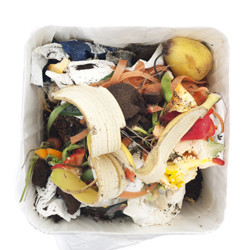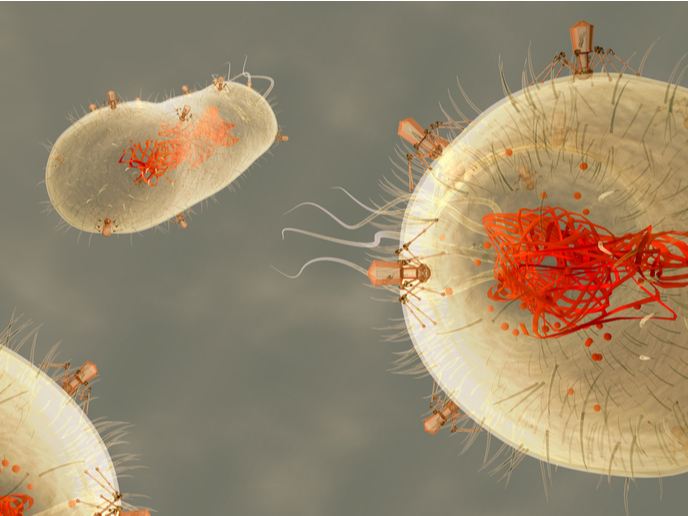Ensuring sustainable food production
High energy and water demands, harsh chemical reactions and high costs are just some of the challenges to reusing food waste. Enzyme technology can dramatically reduce these high reagent and energy costs, and its use will ultimately lead to more sustainable food production methods. An EU-funded project called 'Enzyme technology for lean and green food processing' (LEANGREENFOOD)(opens in new window) provided training for several young researchers in this field. In fact, 16 researchers benefited from multidisciplinary training and formal courses in the field of bioprocessing. In addition to providing training, the project developed enzymatic methods to increase biomass yield, while decreasing water, energy and chemical use. Several novel enzymes were tested as replacements for the acid extraction of pectin from citrus peel, and the results are promising. Bioluminescent sensors for various sugars were also developed as a rapid screening tool, and researchers modelled enzyme behaviour in concentrated mixtures to reduce water use. Another research stream developed a commercial enzyme for a biosensor with an extended lifespan. Lastly, LEANGREENFOOD researchers investigated consumer attitudes to these novel technologies in both China and Europe. Sustainable and efficient food processing is an important goal in our current socioeconomic climate. LEANGREENFOOD contributed by training the next generation of scientists for a fresh approach to the challenge.







